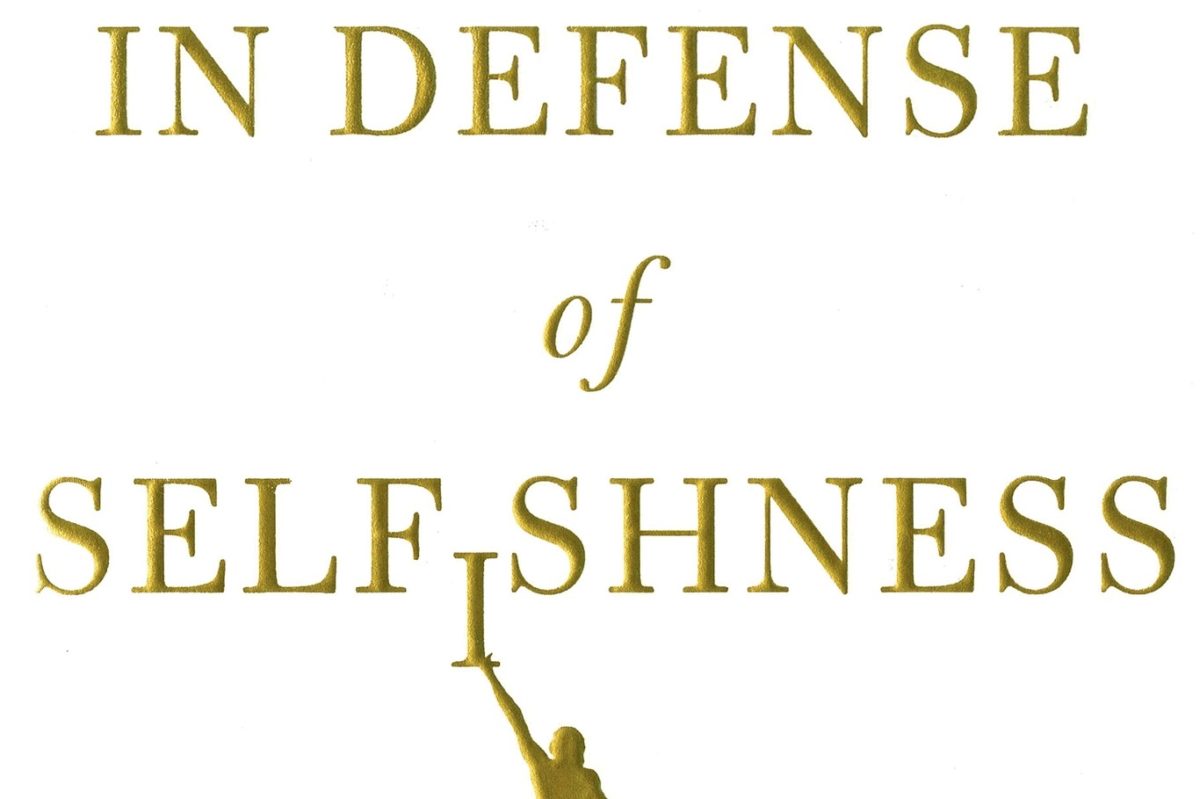 In his latest book, The Life You Can Save: Acting Now to End World Poverty, the philosopher Peter Singer claims that you are morally obligated to relieve poverty. Singer offers his readers the following “proof” demonstrating why everyone is immoral if they don’t sacrifice for others.
In his latest book, The Life You Can Save: Acting Now to End World Poverty, the philosopher Peter Singer claims that you are morally obligated to relieve poverty. Singer offers his readers the following “proof” demonstrating why everyone is immoral if they don’t sacrifice for others.
“Premise #1: Suffering and death from lack of food, shelter and medical care are bad.
Premise #2: If it is in your power to prevent something bad from happening, without sacrificing anything nearly as important, it is wrong not to do so.
Premise #3: By donating to aid agencies, you can prevent suffering and death from lack of food, shelter and medical care, without sacrificing anything nearly as important.
Conclusion: Therefore, if you do not donate to aid agencies, you are doing something wrong.”
Any decent person would agree with Singer’s first premise, that “suffering” and “starvation” are to be regarded as “bad”. Many may even agree with his view that if a person doesn’t regard his total income as “important”, then there’s nothing wrong with giving away at least a small percentage of it.
But let’s extend the idea even further. If it’s not “important”, why not give half of one’s income to charity (an act Singer has praised others for doing in his book)? It’s likely that many of us could easily and comfortably survive on half of our income – we could get a smaller apartment, forgo lots of entertainment, shop a bit less, and so on. But where does one draw the line between what is “important” and what isn’t “nearly as important”?
Moreover, who decides what counts as “important”? Singer? The government? God? The latest Gallup poll? Perhaps Singer would say that each individual must decide for himself. But regardless of who decides your contribution, or its quantity, one point is clear – you should give it up.
Singer is calling for us to sacrifice. But what is an act of “sacrifice” if it doesn’t involve giving up something you consider “important”? Are others entitled to property you would consider “important”, simply because they can claim a need to it?
Suppose someone considered all of his money as important. Imagine someone said that he didn’t want to give up any of the values his money could buy – not the latest movie, the family trip to Disneyland, nor the savings for a new home. Such a person, in Singer’s eyes would embody the height of immorality.
Singer’s book may be new, but his message is the same view held by the long line of preachers and philosophers throughout history who have asked their fellow men to sacrifice their happiness for others.
Altruism, the ethical notion that man should sacrifice for others, has been embraced by virtually every philosopher in history, except for one—Ayn Rand. In her novel Atlas Shrugged, Rand argues that if we think about the nature of altruism, we’ll discover that far from guiding man towards a more fulfilling life, sacrifice will lead to the opposite.
While altruism has long been the ethical status quo, Singer attempts to reinvent it, not based on revelation from god or political campaign slogans, but with a “proof” that holds the veneer of reason and logic. Upon closer inspection, we see that it falls apart. Fortunately, Ayn Rand offers us a new morality, one fully validated by the facts of reality and human nature – where the hallmark of a moral life is not self-sacrifice, but the principled pursuit of one’s own happiness.




